
Telegrafi
News website published in Kosovo
Opinion
08.01.2024

World Crises and America’s Challenges for 2024
The year 2024, as the year in which the presidential elections will take place in the USA, is also a very important year for American foreign policy. The crises that have unfolded simultaneously in several regions will test the unity of the West and the determination of the United States...

Politico
American political digital newspaper
Opinion
17.11.2023
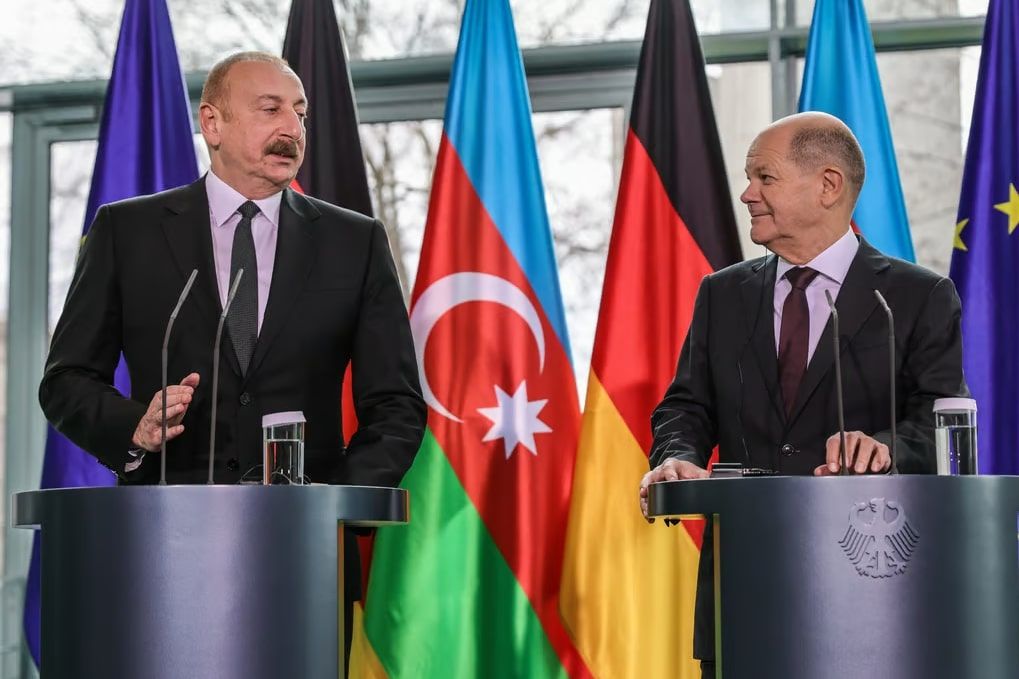
Azerbaijan Can Become a Constructive Player in the Caucasus
Not all wars have to end in disaster alone. In fact, some can create conditions for more durable regional stability. After Azerbaijan regained its occupied territories in a military offensive this September, following three decades of armed conflict with Armenia, the world is faced with the possibility of the country becoming a constructive player in the South Caucasus. However, in order to succeed, such a transformation would require much more coordinated involvement from the United States and the European Union...

Hudson Institute
Research organization promoting American leadership for a secure future
Videos
14.02.2023
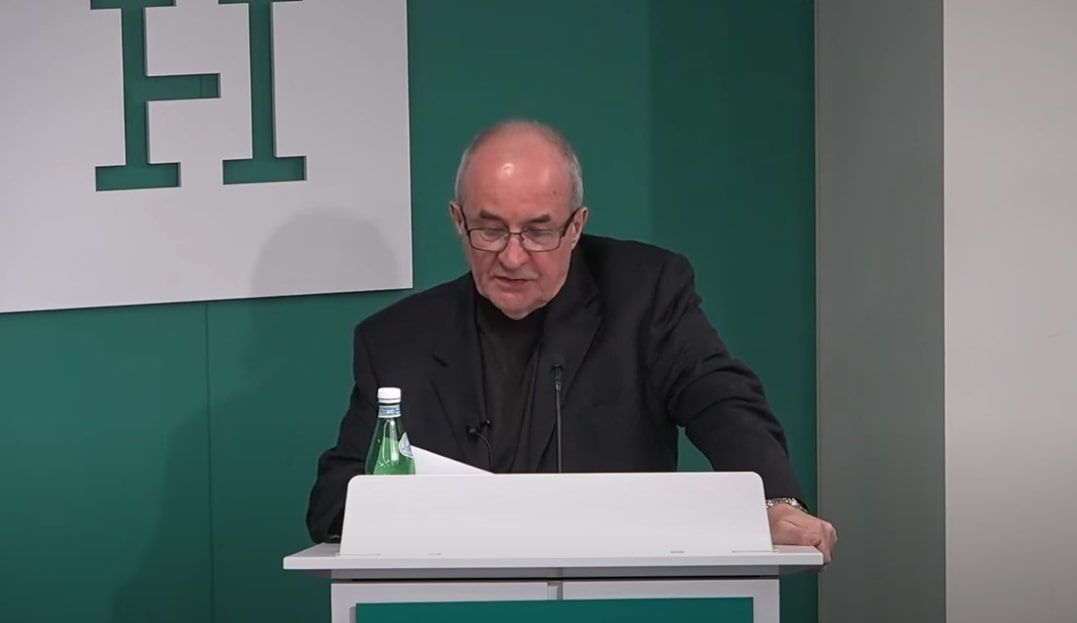
Preparing for the Dissolution of the Russian Federation
Join Hudson Institute and The Jamestown Foundation to discuss Russian domestic social friction and what US and allied policymakers need to do now to prepare for the country’s possible collapse.

I News
Ichkeria News
Videos
31.01.2023

A Guide to Russia’s Rupture. Speech in European Parliament
V forum "Free Nations of Post Russia". : Speech, European Parliament, Brussels, organized by the European Conservatives and Reformers group.

Politico
American political digital newspaper
Opinion
12.01.2023

The benefits of Russia’s coming disintegration
We are currently witnessing an unfolding revolution in global security that Western policy makers are clearly unprepared for — the impending collapse of the Russian Federation.
Instead of planning contingencies for external spillovers and capitalizing on Russia’s de-imperialization, however, Western officials appear to be stuck in a bygone era, believing they can return to the post-Cold War status quo, with some even offering Moscow security guarantees to keep the country intact...
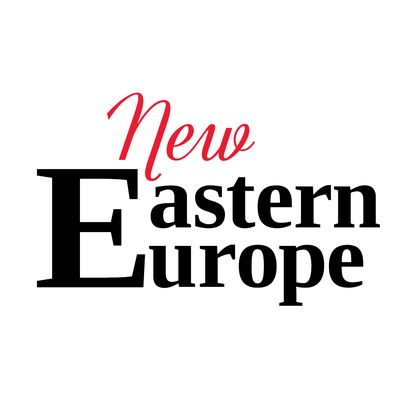
New Eastern Europe
News magazine dedicated to Central and Eastern European affairs
Opinion
02.09.2022

Time to Abandon Western Russophobia
The West would be wise not to ignore Russia’s escalating domestic challenges. The Soviet Union was also conducting special military operations and disinformation campaigns abroad in the years preceding its collapse...

New Eastern Europe
News magazine dedicated to Central and Eastern European affairs
Opinion
19.08.2022
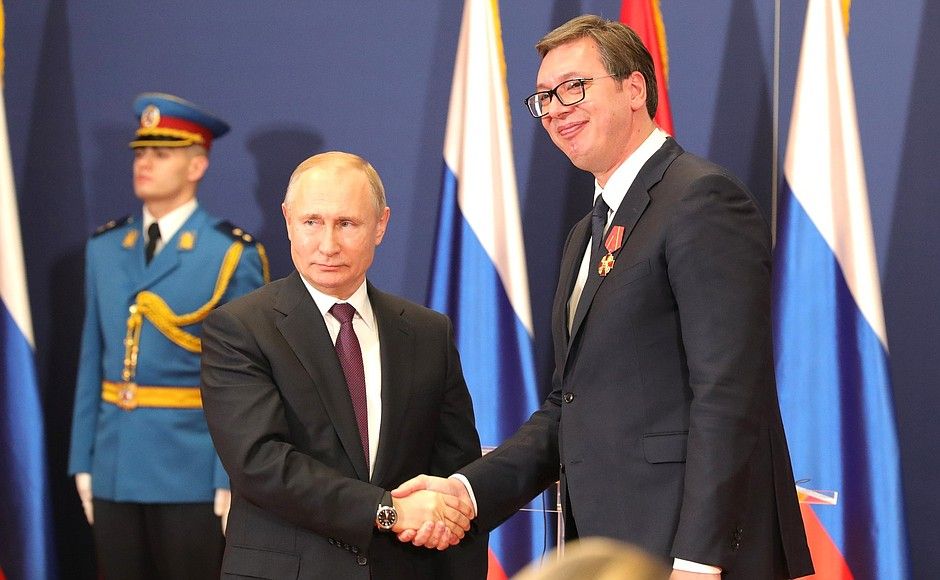
Serbia’s Self-Defeating Neo-Yugoslavism
While the US and EU have pushed for restarting talks between Serbia and Kosovo to help stabilise the Western Balkans, the Serbian government has been assisting both Russia and China in undermining Western interests. Since the ouster of Slobodan Milošević twenty years ago, successive governments in Belgrade have tried to raise Serbia’s stature by replicating the Titoist Yugoslav policy of non-alignment. But in trying to balance the US, EU, Russia and China, Serbia is in effect subverting its own links with Western institutions and weakening security on the Balkan peninsula...

CEPA
The Center for European Policy Analysis
Analysis
18.05.2020

Ethnic Echoes
In the midst of the pandemic and economic slump, Europe faces growing ethnic and regional divisions. As societies become increasingly frustrated and impoverished, in-group self-defense and out-group aggression is escalating. Such conflicts can assume several forms, from anti-immigrant xenophobia and minority scapegoating to inter-regional and inter-state disputes...

CEPA
The Center for European Policy Analysis
Analysis
04.05.2020

Balkan Grit
The Pandemic Has Hit South-Eastern Europe Hard but Opportunities Beckon. In poor regions like the Balkans, the economic impact of the pandemic will be far-reaching and acutely test social resilience. However, it will also provide opportunities for self-reliance and resourcefulness that could benefit Europe more widely. The International Monetary Fund (IMF) and the European Bank for Reconstruction and Development (EBRD) calculate that the economic contraction in the Balkans will range between 3% and 10%...

CEPA
The Center for European Policy Analysis
Analysis
10.04.2020
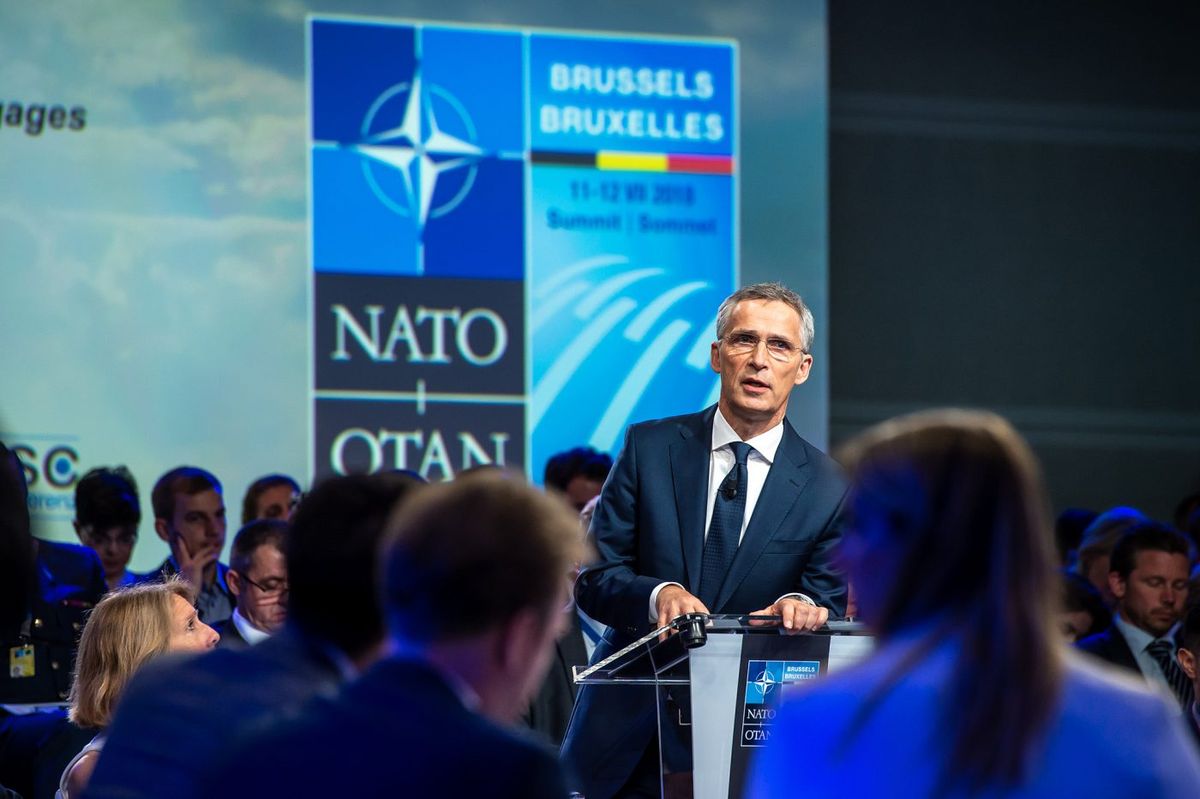
Mind the Gap
It is too early to forecast the long-term impact of the pandemic on Atlanticism but not too soon to pose some pertinent questions.
And Don’t Succumb to Transatlantic Fever. It is too early to forecast the long-term impact of the pandemic on Atlanticism but not too soon to pose some pertinent questions. Amid havoc and uncertainty it may seem rational to predict the collapse of existing international arrangements...

CEPA
The Center for European Policy Analysis
Analysis
30.03.2020
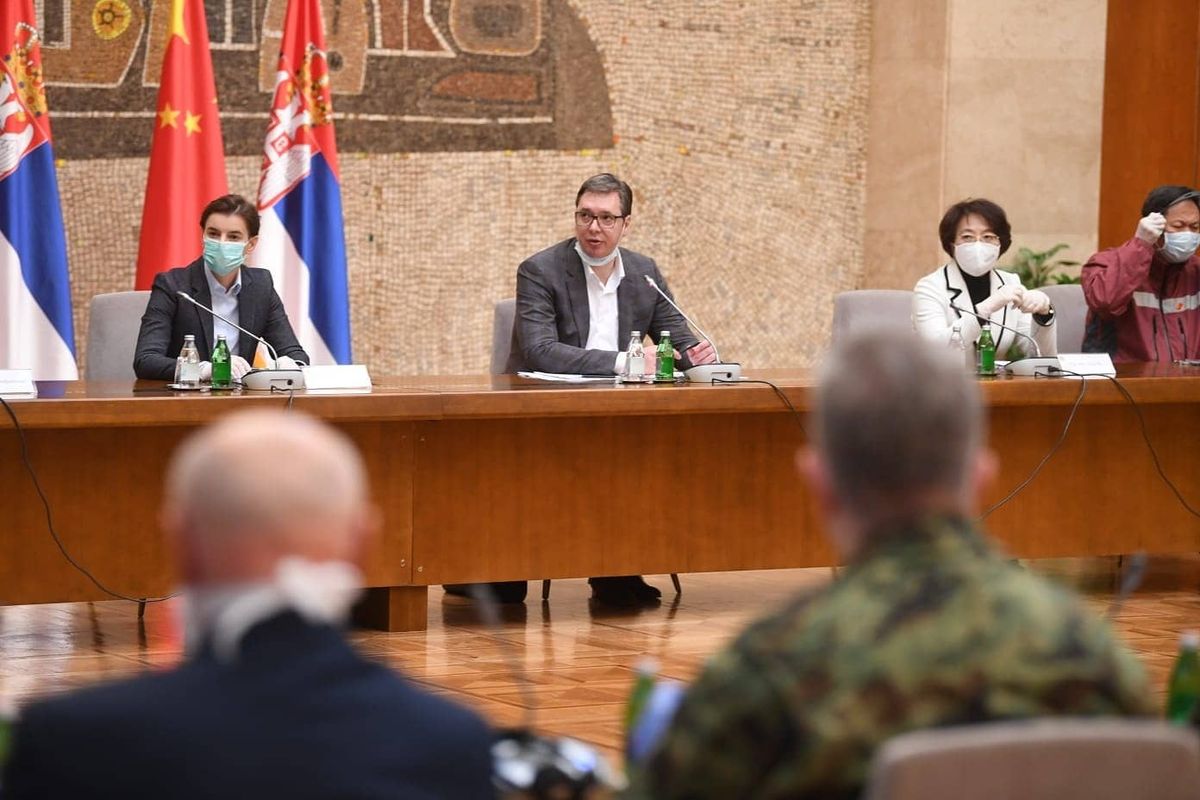
A Plague on All Their Houses
Balkan Politicians Are Exploiting the Pandemic for Political Purposes. The coronavirus spares nobody, but poorer regions with inadequate healthcare systems and deficient emergency planning will be most affected in the long term. That makes the Balkans look particularly vulnerable. Though by the end of March only 6,000 infections and over 120 virus-related deaths have been recorded in South Eastern Europe, the pandemic is projected to accelerate...

CEPA
The Center for European Policy Analysis
Analysis
04.03.2020
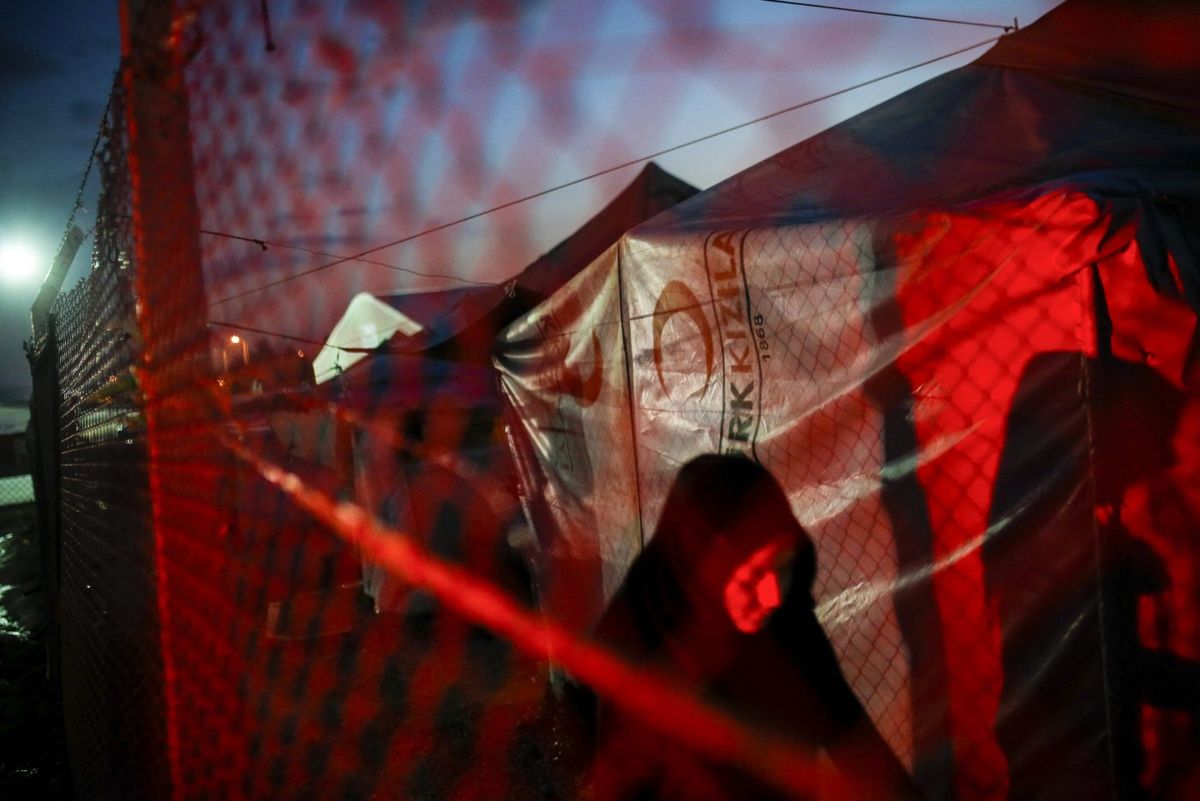
Vulnerable Europe. Europe Braces for New Refugee and Pandemic Crises
While the number of coronavirus (COVID-19) cases continues to grow, a new wave of Middle Eastern refugees could spill over Europe’s southern borders. And the two threats can merge in public perceptions, thus amplifying radical rightist voices and opening new opportunities for the Kremlin’s disinformation and destabilization operations.